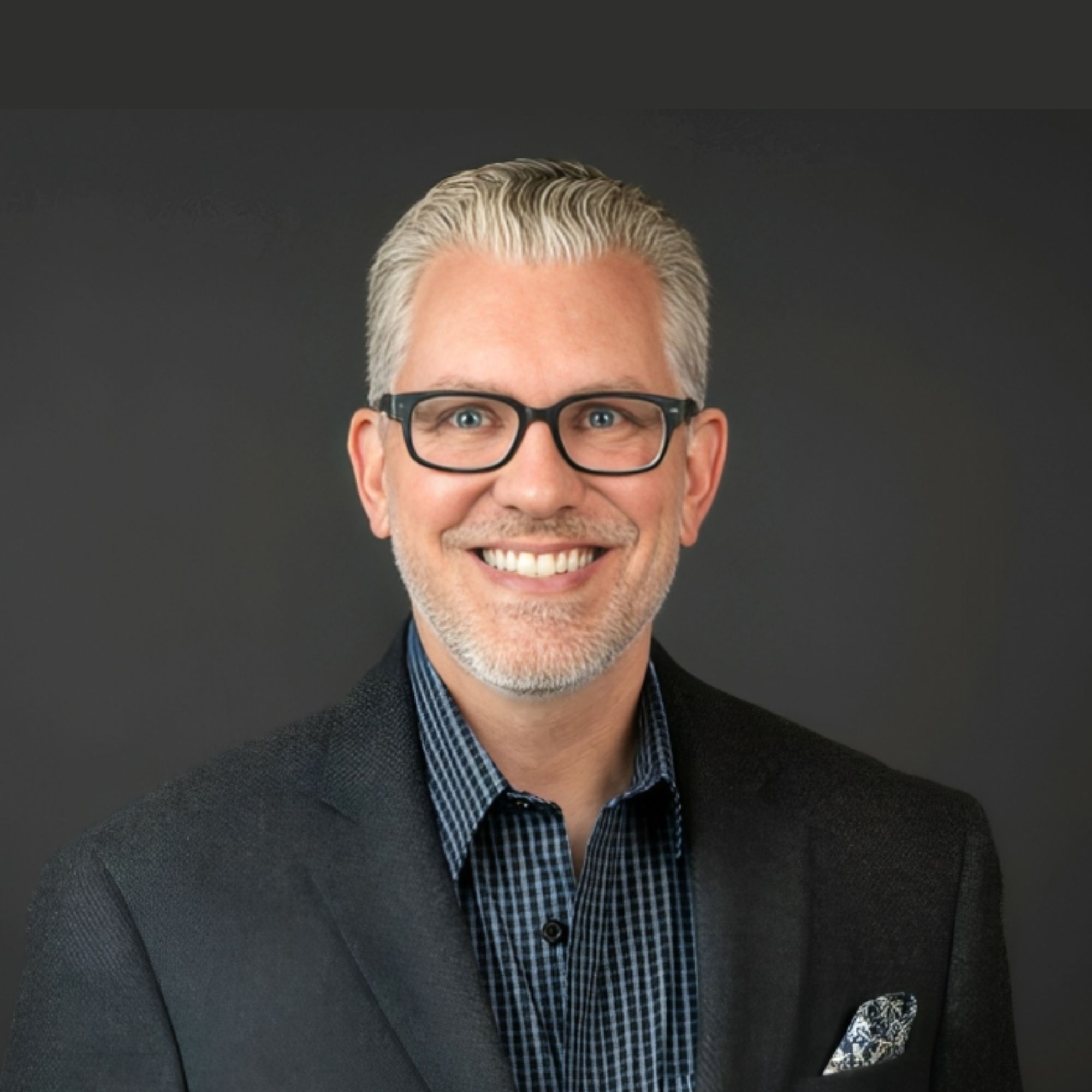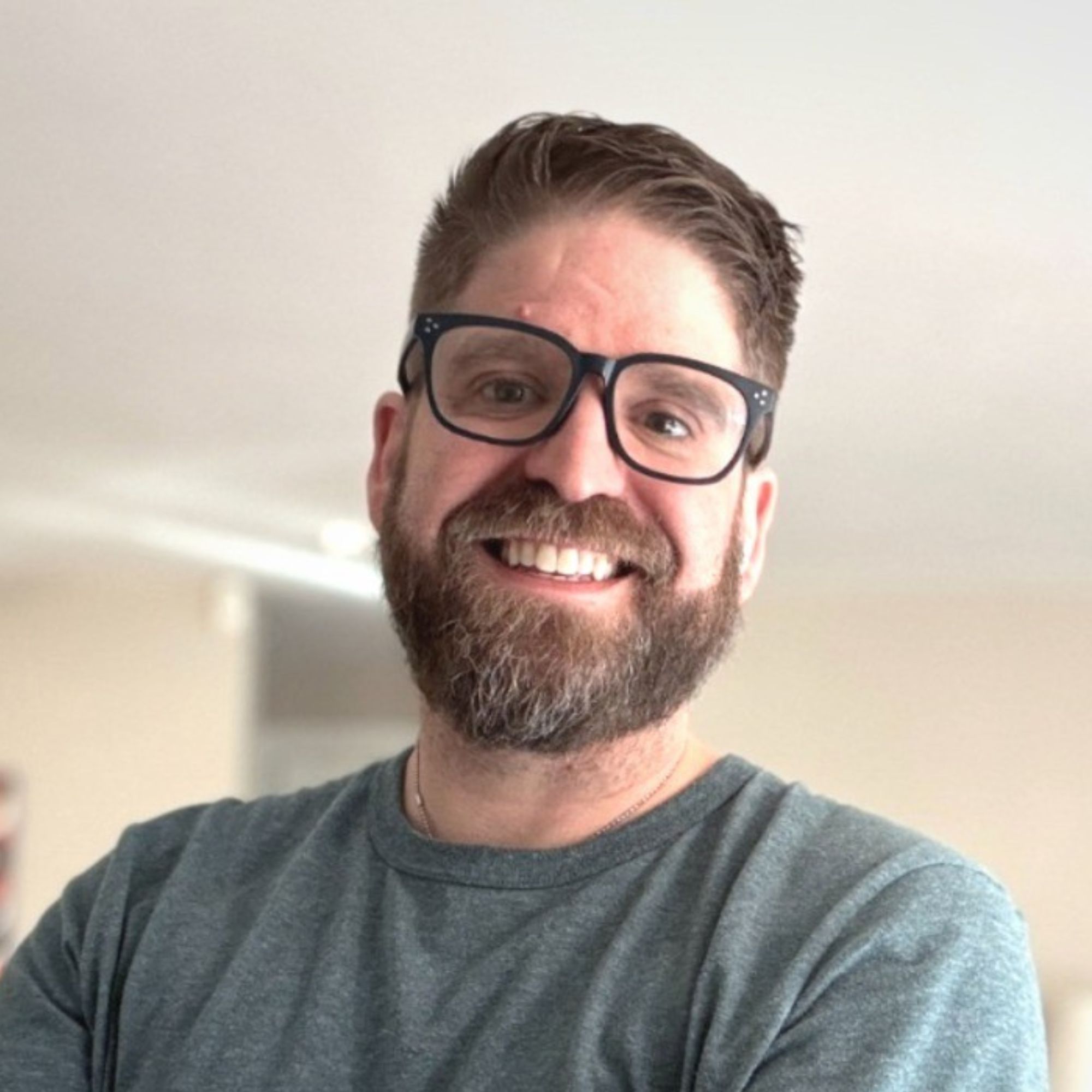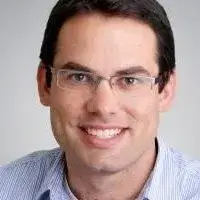Ready to build your own Founder-Led Growth engine? Book a Strategy Call

Frontlines.io | Where B2B Founders Talk GTM.
Strategic Communications Advisory For Visionary Founders
Actionable
Takeaways
Embrace Cross-Disciplinary Expertise:
Michael's transition from physics to computer science and finally to electrical engineering showcases the value of cross-disciplinary expertise in innovation. For tech founders, embracing diverse educational backgrounds and experiences can fuel creativity and enable the development of groundbreaking solutions.
Identify and Address Industry Stagnation:
Just as Michael observed stagnation in the hardware industry and sought to introduce software's agile principles, founders should look for sectors exhibiting a lack of innovation. Identifying such gaps can reveal opportunities for disruptive startups.
Leverage Cultural Shifts in Technology:
The convergence of hardware and software, as seen in the IoT space, represents a significant cultural shift. Founders should stay attuned to these shifts, adapting their products and services to meet evolving market demands.
Focus on Data Management and Automation:
Dura Labs' success highlights the importance of efficient data management and automation in product development. Startups in the hardware space should prioritize tools and processes that streamline data handling to accelerate innovation and reduce time to market.
Balance Legacy Needs with Modern Innovation:
Successfully navigating the transition from traditional to modern methodologies is crucial. While innovating, consider the existing ecosystem and the needs of legacy users, gradually introducing them to new, more efficient workflows.
Build Trust and Expertise Within Your Market:
Dura Labs' growth was fueled by the team's deep industry knowledge and their commitment to solving real problems faced by hardware developers. Founders should strive to be seen as trusted experts in their field, offering solutions that are both innovative and deeply informed by industry-specific challenges.
Conversation
Highlights
The Untold Story Behind Hardware’s Coming Renaissance: How Cultural Shifts Are Finally Modernizing Product Development
For two decades, the hardware industry remained frozen in time while software development experienced explosive innovation. In a recent episode of Category Visionaries, Michael Corr from Duro shared a fascinating perspective on why hardware development is finally having its moment – and it’s not just about technology.
The story begins with what Michael calls “the software agile renaissance movement” of the mid-2000s. While working as an electrical engineer in the Bay Area, he watched with “extreme jealousy” as software teams rapidly evolved their development practices while hardware remained stagnant. This stark contrast sparked a vision that would later become Duro.
“In the ’90s, there was probably about equal distribution of innovation and interest by young engineers in the software and hardware industries,” Michael explains. “But I credit the dot-com really to pulling have a higher gravitational pull towards software development.” This gravitational pull created a 15-year vacuum where fewer young engineers entered hardware fields, leaving the industry to operate on legacy systems and processes.
But rather than just a lack of new talent, the real challenge was cultural. Hardware development remained siloed between different teams – electrical engineering, mechanical engineering, operations, procurement, manufacturing, and logistics – often spread across different companies and continents. The software tools reflected and reinforced these silos.
“None of them were ever designed to be interoperable,” Michael notes. “They were always designed to be individually operated and manually managed to move the data from one system to the other.” This fragmentation led to an entire secondary workforce just to manage data transfer between teams.
The turning point came about five years ago when companies began recognizing the value of integrated hardware-software solutions. But the real catalyst was an unexpected source: software companies entering the hardware space.
“You’re seeing that culturally, some of the best hardware products are now being developed by software companies where not the Apples or the Samsung, but companies like Google and Facebook and Amazon,” Michael explains. These companies brought their agile mindsets and git-flow practices into hardware development.
This cultural shift created an opening for tools like Duro, but adoption wasn’t immediate. “I can’t tell you how many calls I had with prospective customers who were yelling at me that what we were providing was not a true PLM, because we didn’t have these buttons or these processes that they had been using for 30 years,” Michael recalls.
Rather than compromise their vision, Duro focused on teams going through new product introduction (NPI) – those trying to move fast and innovate. This strategy proved successful not just with startups but also with larger companies like Apple, Samsung, and Google who all go through NPI cycles.
The key insight driving Duro’s approach is that hardware innovation has been constrained not by technical limitations but by the high cost of failure. “In the software space, those similar kinds of feedback loops are possible, but the costs and times associated with are too high, that the cost to make a mistake is too prohibitive to take risks,” Michael explains.
Looking ahead, Michael envisions a future where hardware development becomes as streamlined as software development: “A software developer, even a mid-level developer, they can set up their entire tool chain in an hour… What I’m looking forward to is the day that you can do the same thing in the hardware space.”
This vision represents more than just faster development cycles – it’s about enabling a new generation of innovators to bring their ideas to life with less friction and risk. As these barriers continue to fall, we’re likely to see an explosion of hardware innovation that rivals the software boom of the past decades.
For hardware founders, the lesson is clear: the industry’s transformation isn’t just about adopting new tools – it’s about embracing new cultural practices that enable rapid iteration and innovation. The companies that understand and adapt to this shift will be best positioned to lead hardware’s renaissance.
Recommended Founder
Interviews


Marcin Wyszynski
Co-Founder of Spacelift
Marcin Wyszynski, Co-Founder of Spacelift: Over $22 Million Raised to Build the Future of IaC Management
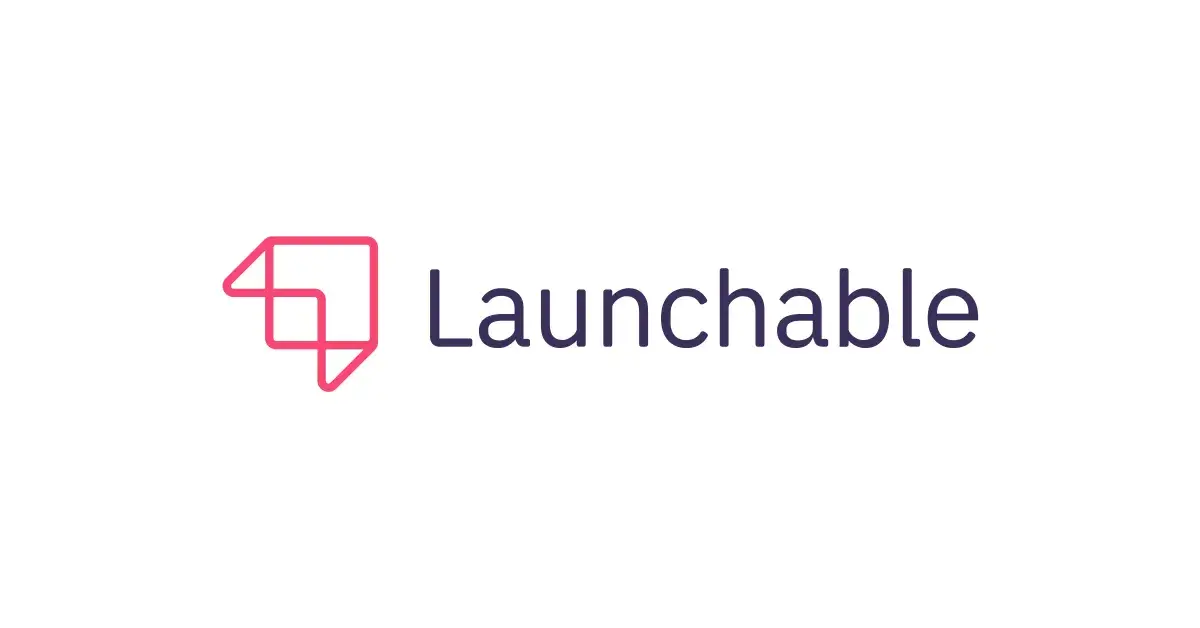
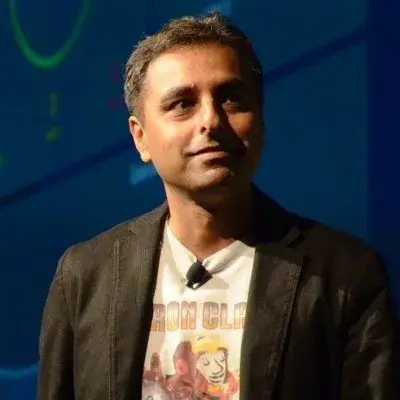
Harpreet Singh
Co-Founder and CEO of Launchable
Harpreet Singh, Co-Founder and CEO of Launchable: Over $12 Million Raised to Build the Future of Software Testing


Yingjun Wu
CEO and Co-Founder of RisingWave
Yingjun Wu, CEO and Co-Founder of RisingWave Labs: $40 Million Raised to Make Stream Processing Simple, Affordable, and Accessible


Nilo Rahmani
CEO & Co-Founder of Thoras AI
Nilo Rahmani, CEO & Co-Founder of Thoras AI: $6.5 Million Raised to Build the Future of AI-Powered Infrastructure Optimization
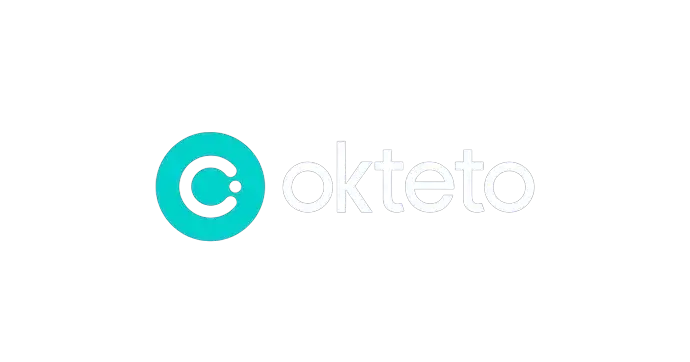

Ramiro Berrelleza
Founder and CEO of Okteto
Ramiro Berrelleza, CEO of Okteto: $18 Million Raised to Build the Future of Cloud Development

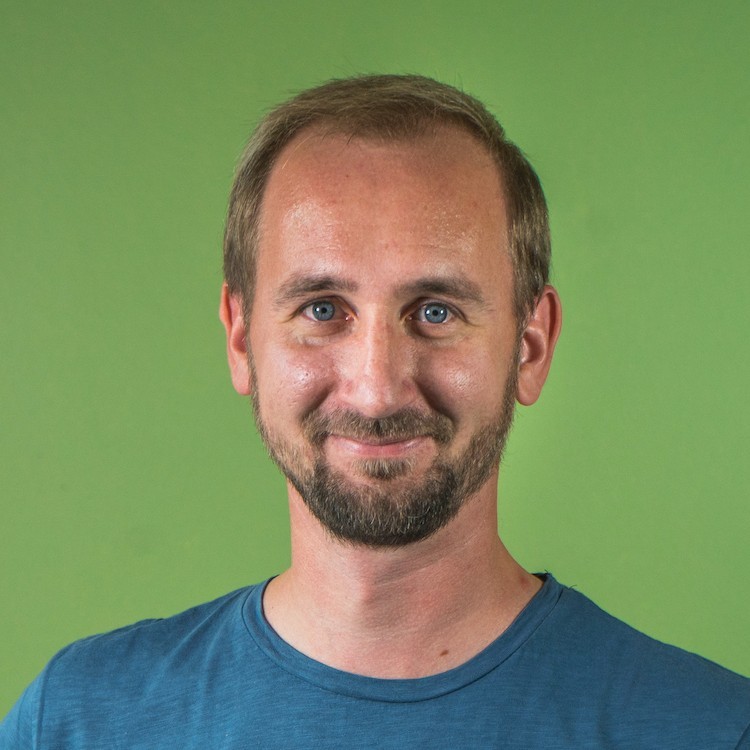
Benjamin Wilms
CEO and Co-Founder of Steadybit
Benjamin Wilms, CEO and Co-Founder of Steadybit: $7.8 Million Raised to Build the Future of Chaos Engineering

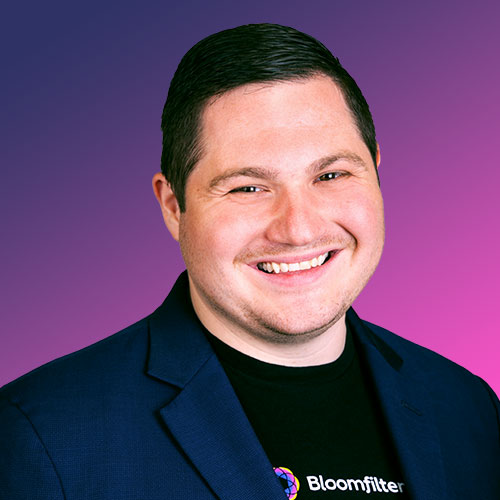
Andrew Wolfe
Co-Founder and Co-CEO of Bloomfilter
Andrew Wolfe, Co-Founder and Co-CEO of Bloomfilter: $7 Million Raised to Power the Future of Process Mining

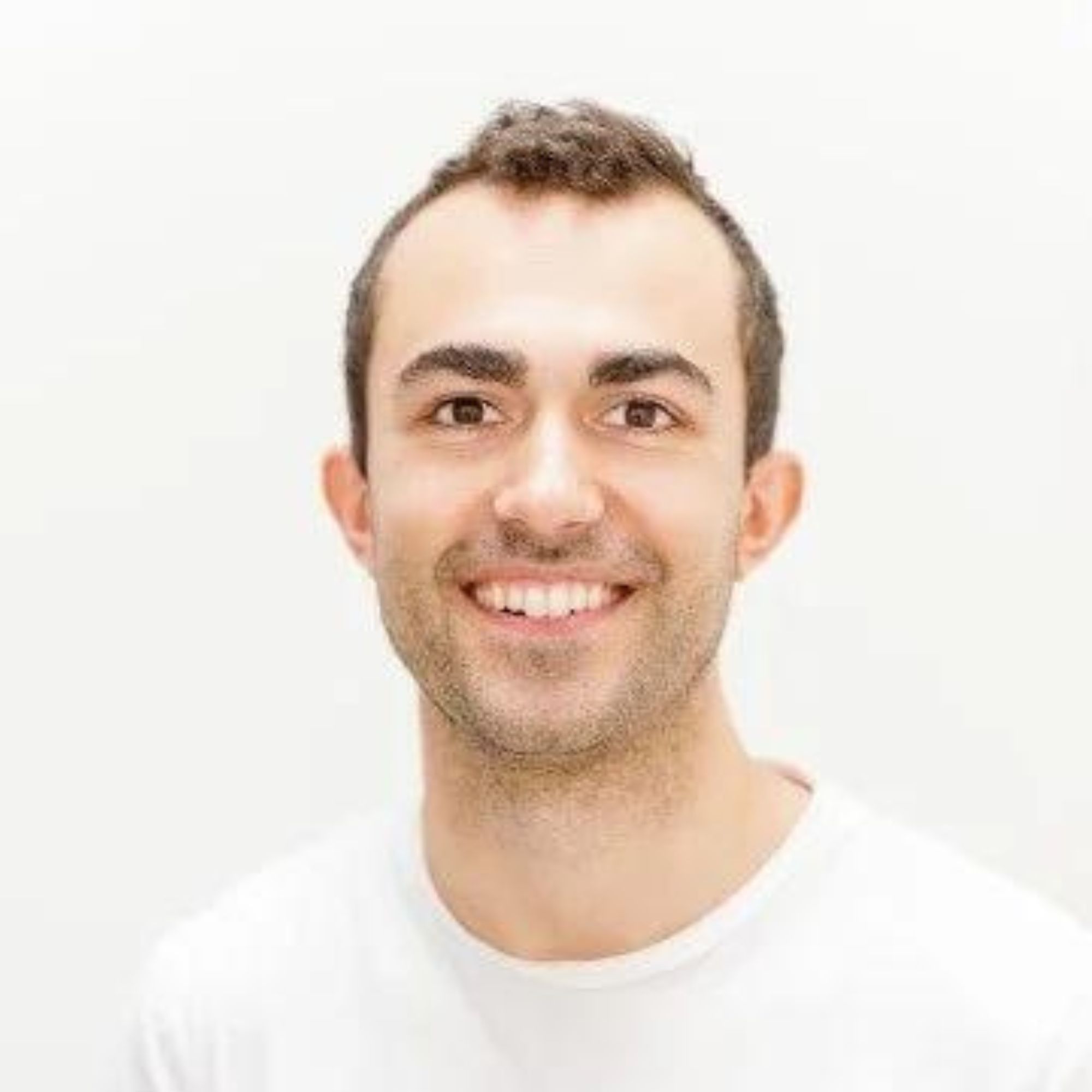
James Evans
Co-Founder and CEO of CommandBar
James Evans, Co-Founder and CEO of CommandBar: $24 Million Raised to Build the Leading AI-Powered User Assistance Platform


Will Wilson
Co-Founder of Antithesis
Will Wilson, Co-Founder of Antithesis: $47 Million Raised to Build the Future of Autonomous Testing
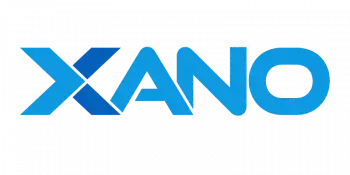
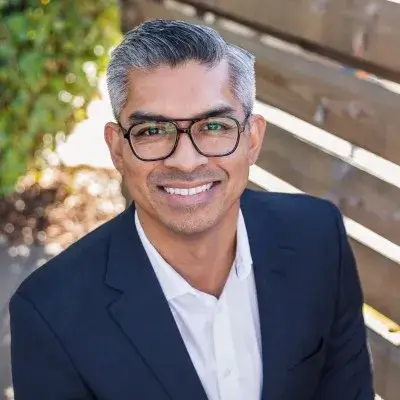
Prakash Chandran
Co-Founder and CEO of Xano
Prakash Chandran, Co-Founder and CEO of Xano: $5.4 Million Raised to Build the Next Generation of No-Code Backend Development

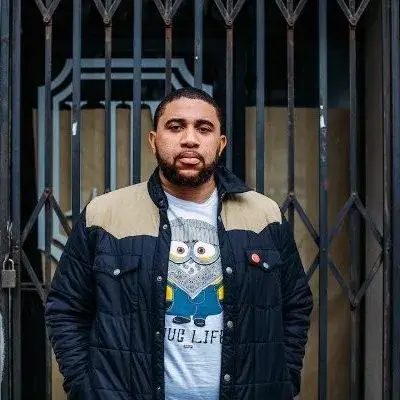
DeVaris Brown
CEO and Co-Founder of Meroxa
DeVaris Brown, CEO and Co-Founder of Meroxa: Over $19 Million Raised to Empower Engineering Teams with Better Stream Processing

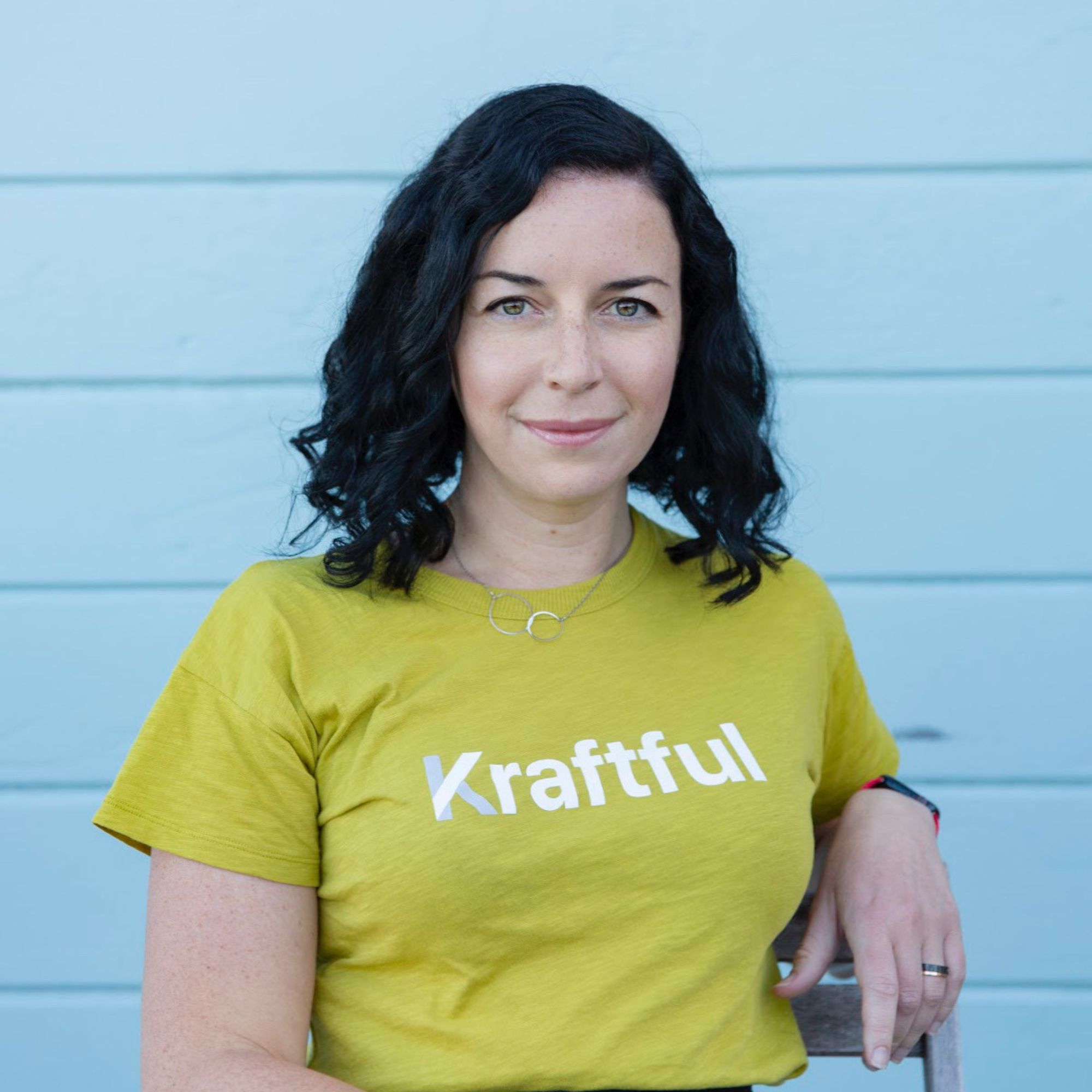
Yana Welinder
CEO and Founder of Kraftful
Yana Welinder, CEO and Founder of Kraftful: Over $3 Million Raised to Help Product Builders Create Better Products and Communities


Eden Full Goh
Founder & CEO of Mobot
Eden Full Goh, Founder & CEO of Mobot: Over $17 Million Raised to Power the Future of Mobile App Testing

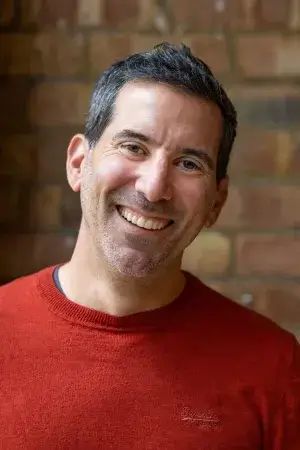
Matthew O’Riordan
CEO of Ably Realtime
Matthew O’Riordan, CEO of Ably Realtime: Over $82 Million Raised to Build the Future of Realtime Experience Infrastructure

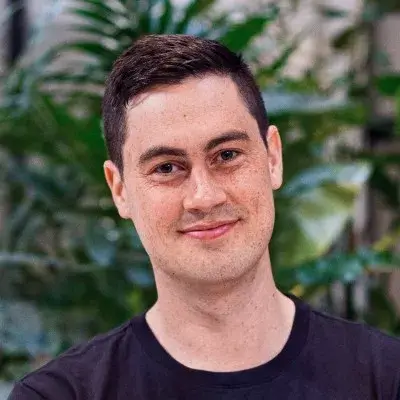
David Siegel
David Siegel of Glide
David Siegel, CEO of Glide: Over $20 Million Raised to Power the Future of No-Code Application Development

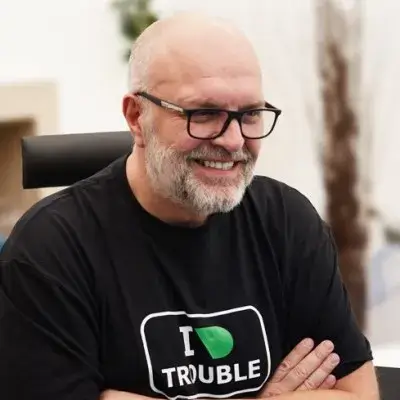
Costa Tsaousis
CEO and Founder of Netdata
Costa Tsaousis, CEO and Founder of Netdata: Over $30 Million Raised to Power the Future of Infrastructure Monitoring

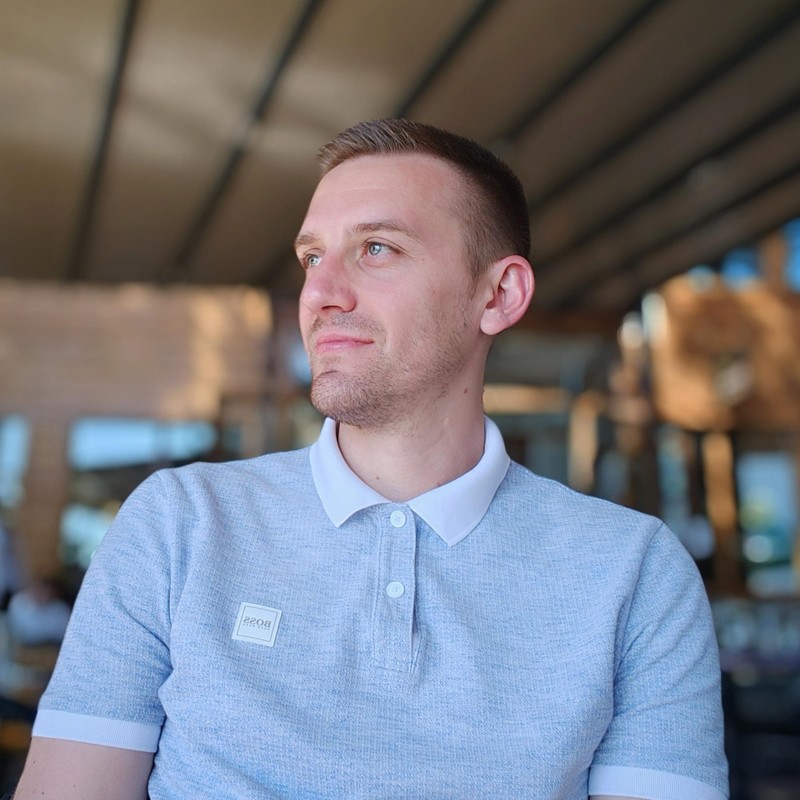
Stoyan Zulyamsky
Co-Founder of Costimize
Stoyan Zulyamsky, Co-Founder of Costimize: $5 Million Raised to Revolutionize Cloud Finance Management


Robert Whiteley
CEO of Coder
Robert Whiteley, CEO of Coder: $85 Million Raised to Power the Future of Developer Productivity

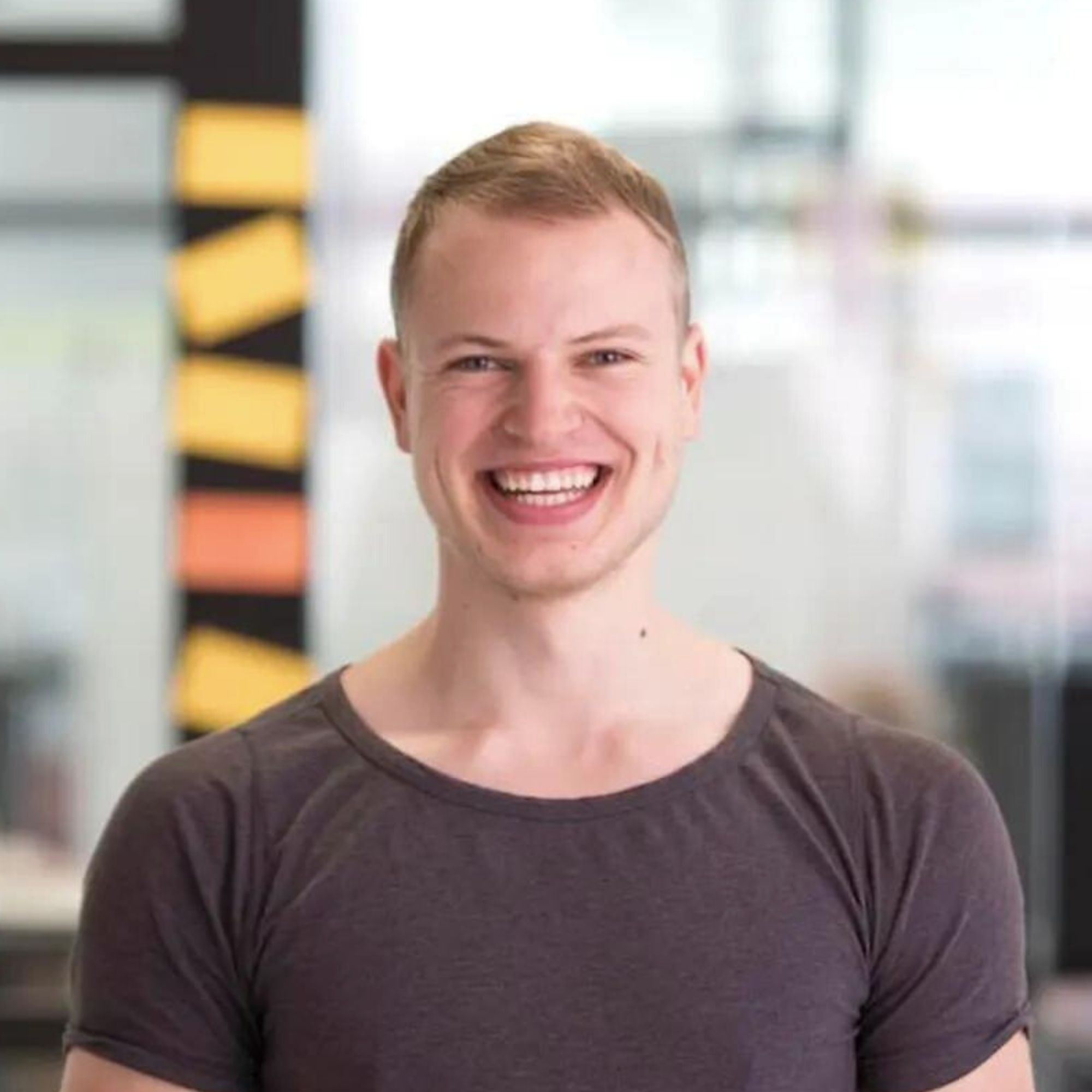
Pascal Weinberger
CEO of Bardeen
Pascal Weinberger, CEO of Bardeen: $18 Million Raised to Build the Future of No-Code Automation

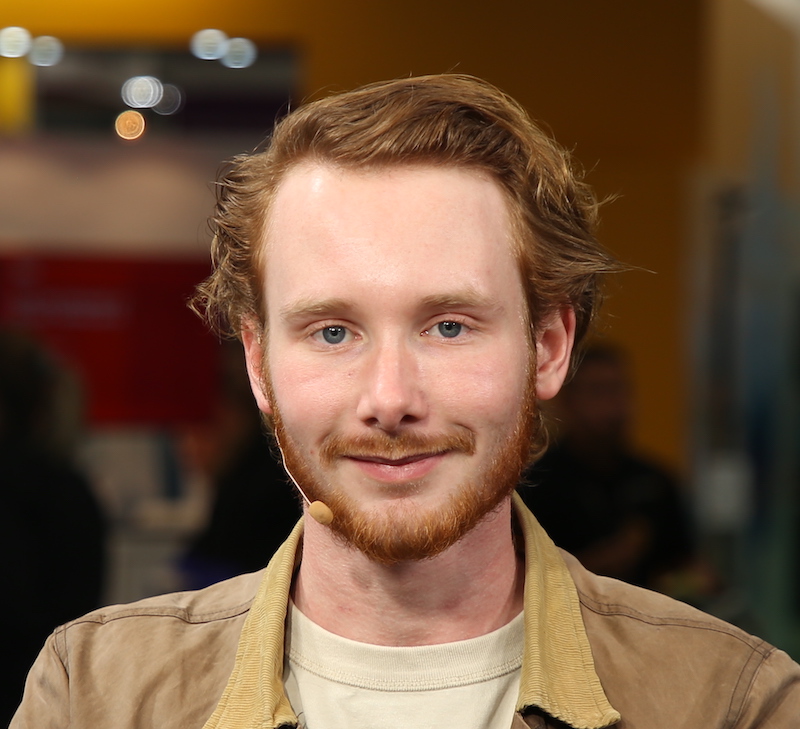
Johnny Dallas
CEO and Co-Founder of Zeet.co
Johnny Dallas, CEO & Co-Founder of Zeet.co: $6M Raised to Power the Future of CI/CD & Deployment

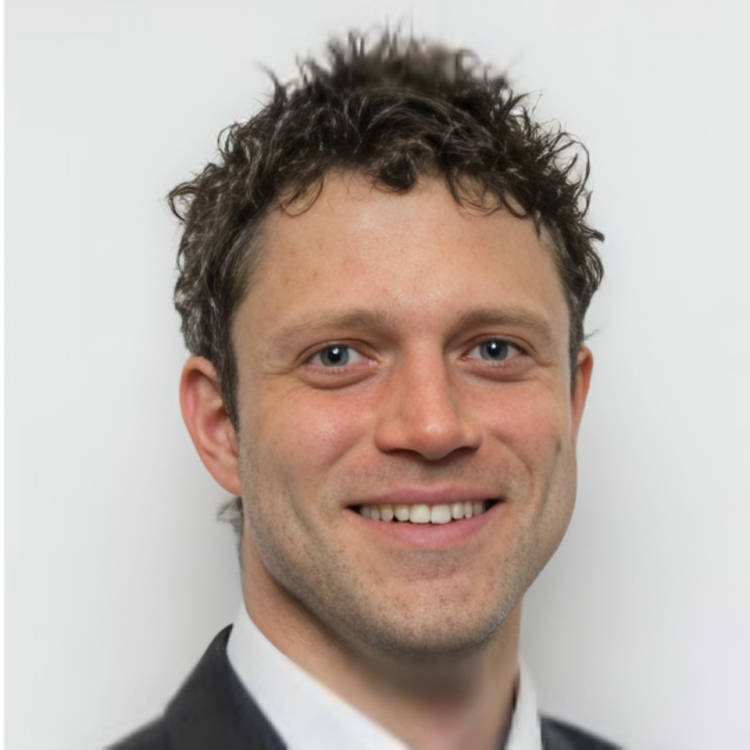
Egil Østhus
CEO and Co-founder of Unleash
Egil Østhus, CEO of Unleash: $16.5 Million Raised to Build the Future of Feature Management
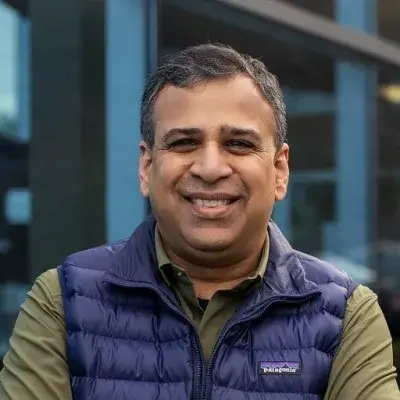
Yadhu Gopalan
CEO and Founder of Esper
Yadhu Gopalan, CEO and Founder of Esper: $100 Million Raised to Build the Future of Android Device Management

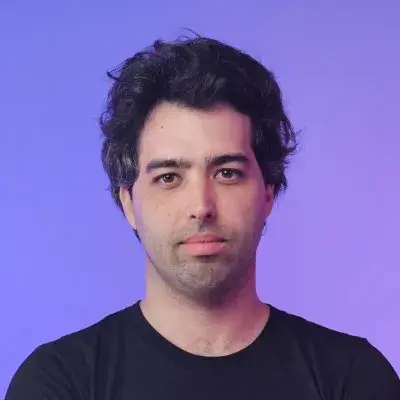
Tom Hacohen
CEO and Founder of Svix
Tom Hacohen, CEO and Founder of Svix: $10.5 Million Raised to Power the Future of Webhooks
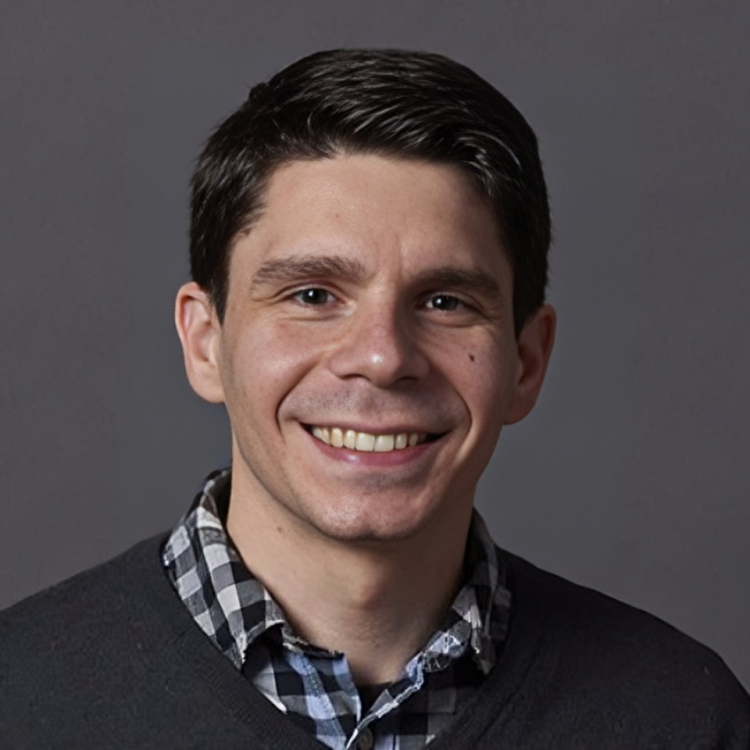
Jacob Moshenko
CEO & Co-Founder of Authzed
Jacob Moshenko, CEO & Co-Founder of Authzed: $15.9 Million Raised to Build the Future of Authorization Infrastructure


Sophie Novati
CEO and Founder of Formation
Sophie Novati, CEO and Founder of Formation: $9 Million Raised to Build a Virtual Fellowship Program for Software Engineers


Mike Long
CEO and Founder of Kosli
Mike Long, CEO and Founder of Kosli: $3.5 Million Raised to Deliver Secure Software Changes at Scale and Deploy to Production with Speed


Gil Feig
CTO of Merge
Gil Feig, CTO of Merge: $75 Million Raised to Help B2B Companies Build Customer-Facing Integrations via It’s Unified API Platform

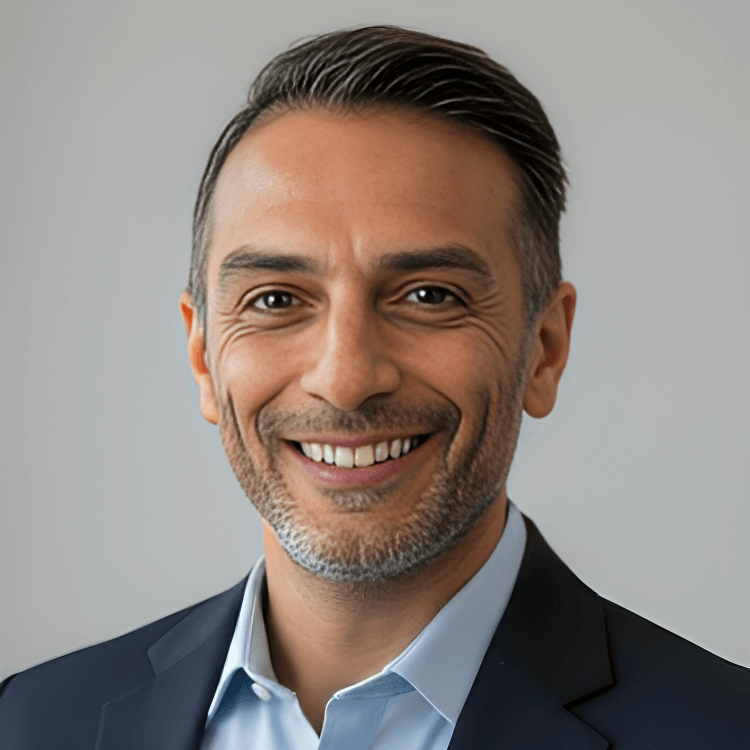
Anand Kulkarni
CEO of CoreStory
How CoreStory seeded “Spec-Driven Development” across the market without analyst relations | Anand Kulkarni
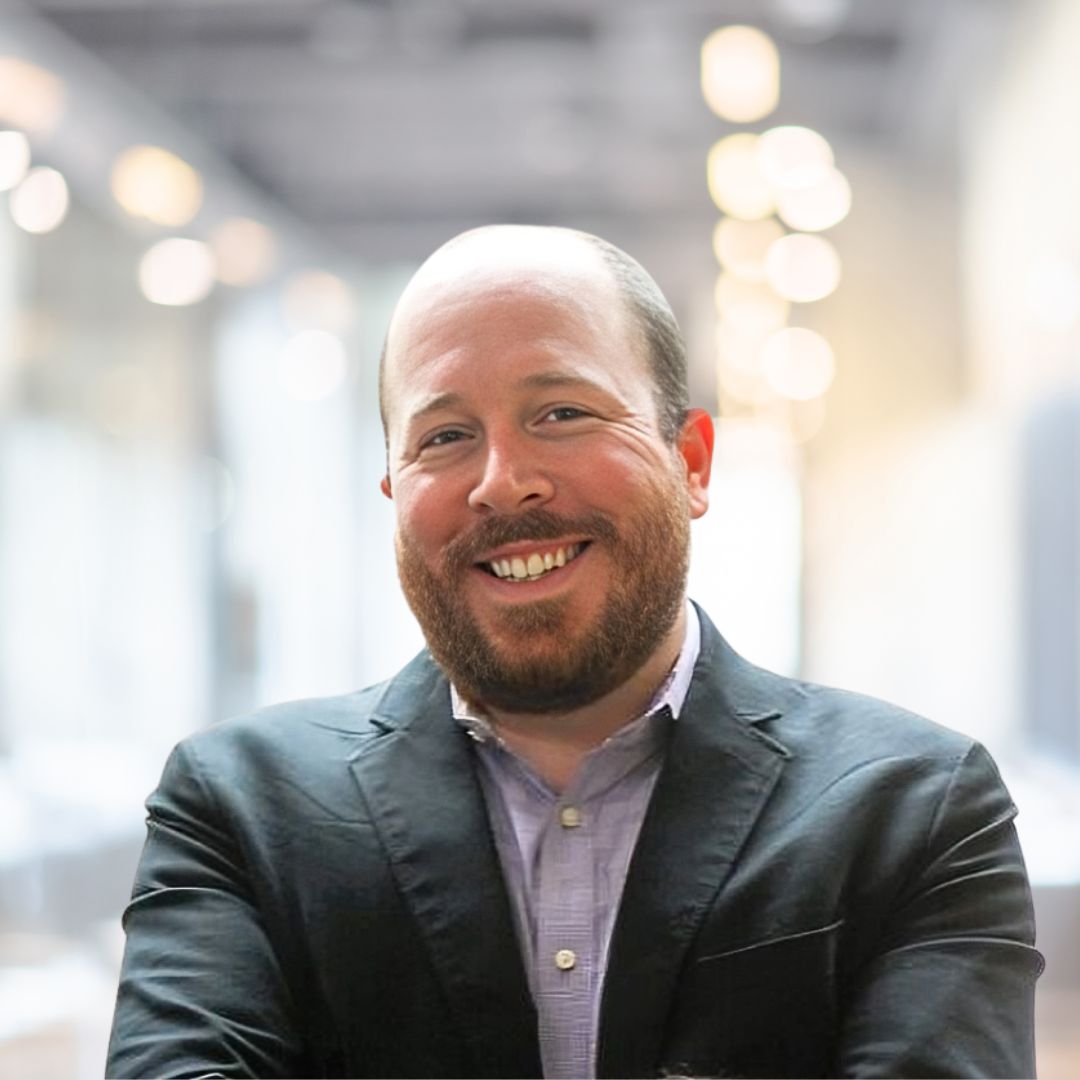
Liam Randall
CEO and Founder of Cosmonic
Liam Randall, CEO and Founder of Cosmonic: $8.5 Million Raised to Power the Future of WebAssembly

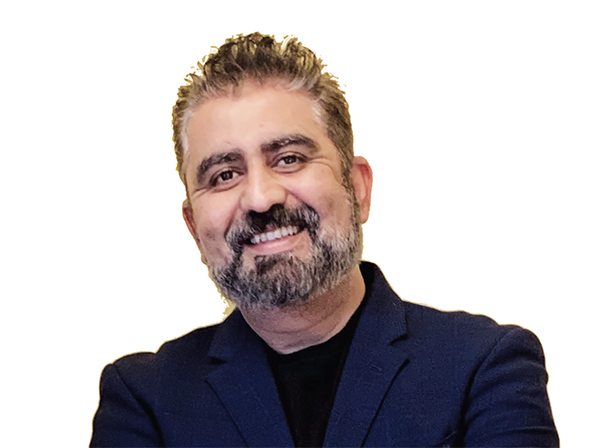
Chetan Venkatesh
CEO of Macrometa
Chetan Venkatesh, CEO of Macrometa: $38 Million raised to Build the Hyper Distributed Cloud for the Next Generation of Applications

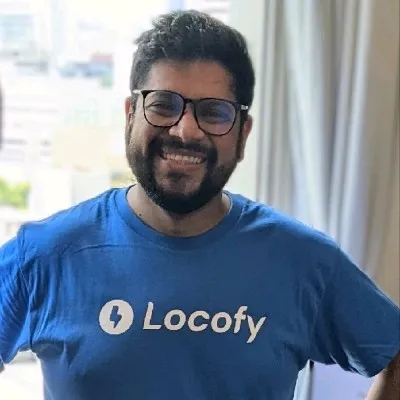
Honey Mittal
Co-Founder, CPO & CEO of Locofy.ai
Honey Mittal, CEO of Locofy.ai: $3 Million Raised to Build the Future of Frontend Development


Paul Kim
CEO of Notifi
Paul Kim, CEO of Notifi: $12 Million raised to Build the Future of Web3 Communication Infrastructure

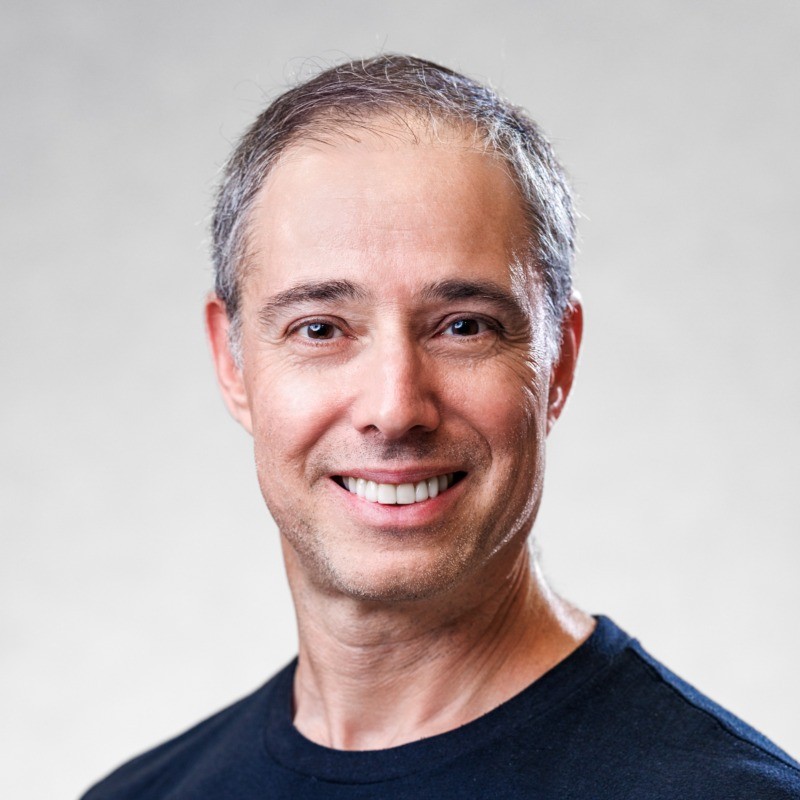
Omri Gazitt
CEO & Co-Founder of Aserto
Omri Gazitt, CEO & Co-Founder at Aserto: $5 Million Raised to Build the Future of Authorization


Martin Mao
CEO of Chronosphere
Martin Mao, CEO of Chronosphere: $250 Million Raised to Build the Future of Observability

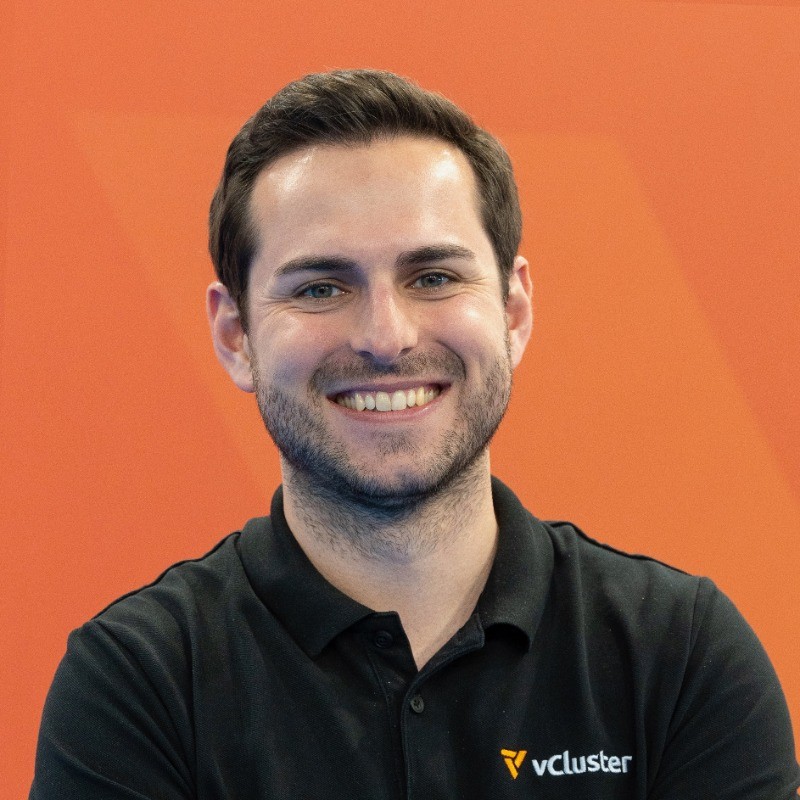
Lukas Gentele
Co-Founder & CEO of Loft Labs
Lukas Gentele, CEO of LoftLabs: $5 Million Raised to Build the Virtual Kubernetes Category

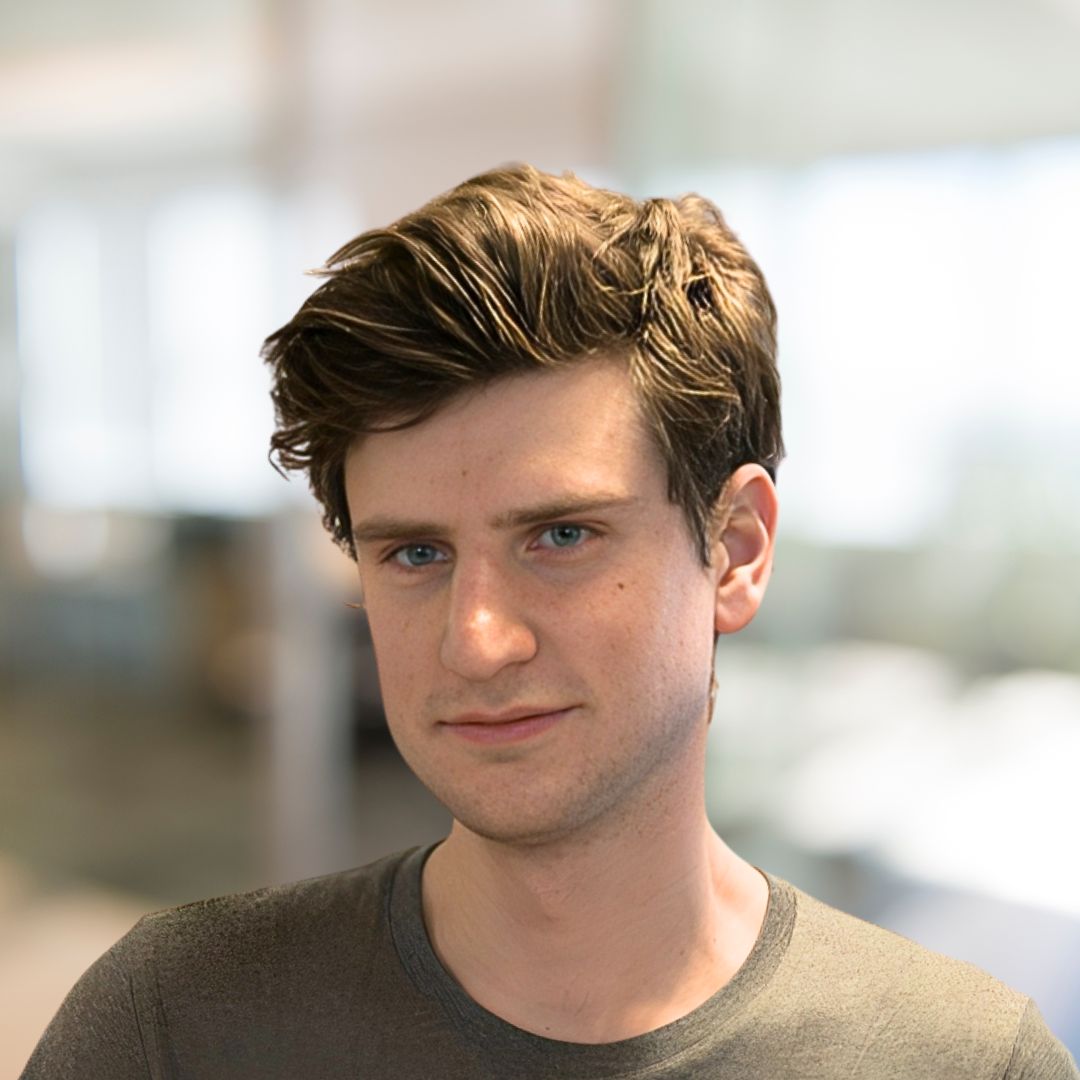
Nicolas Hourcard
CEO and Founder of QuestDB
Nicolas Hourcard, CEO & Founder of QuestDB: $15 Million Raised to Build the Leading Open-Source Time Series Database


Tomas Reimers
Co-Founder of Graphite
Tomas Reimers, Co-Founder of Graphite: $22.5 Million Raised to Build the Future of Code Reviews


Jonathan Schneider
CEO and Co-Founder of Moderne
Jonathan Schneider, CEO & Co-Founder of Moderne: $20 Million Raised to Build the Future of Code Remediation


Anish Dhar
Co-Founders of Cortex
Anish Dhar and Ganesh Datta, Co-Founders of Cortex: Over $52 Million Raised to Improve Developer Productivity


Dylan Etkin
CEO and Co-Founder of Sleuth
Dylan Etkin, CEO and Co-Founder of Sleuth: $25 Million Raised to Make Engineering Teams More Efficient


Florian Forster
CEO & Co-Founder of ZITADEL
Florian Forster, CEO & Co-Founder of ZITADEL: $11.5 Million Raised to Build the Future of Developer-First Identity Infrastructure

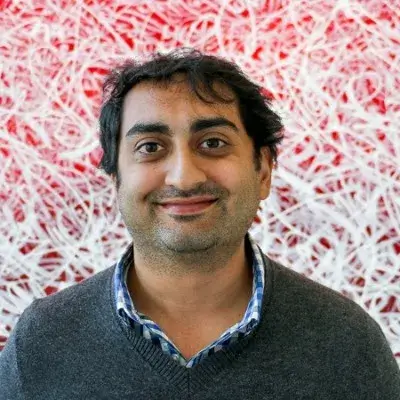
Hersh Tapadia
Co-Founder & CEO of Allstacks
Hersh Tapadia, CEO of Allstacks: $16 Million Raised to Build the Value Stream Intelligence Category


James Hawkins
CEO of PostHog
James Hawkins, CEO of PostHog: $21 Million Raised to Build the Future of Product Analytics

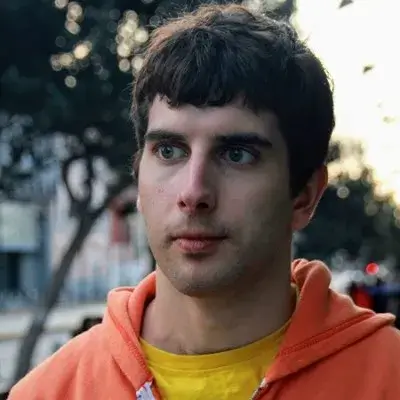
Derric Gilling
Co-founder & CEO of Moesif
Derric Gilling, CEO of Moesif: $15 Million Raised to Build the Future of API Analytics

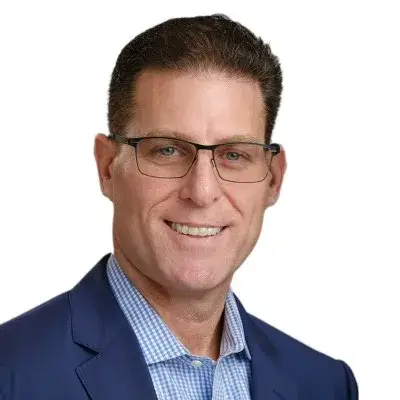
Joshua Aaron
CEO of Aiden
Joshua Aaron, CEO Aiden, $3 Million Raised to Build the Future of Software Packaging and Deployment


Paul Stovell
CEO and Founder of Octopus Deploy
Paul Stovell, CEO and Founder of Octopus Deploy: Over $170 Million Raised to Build the Future of Deployment Automation

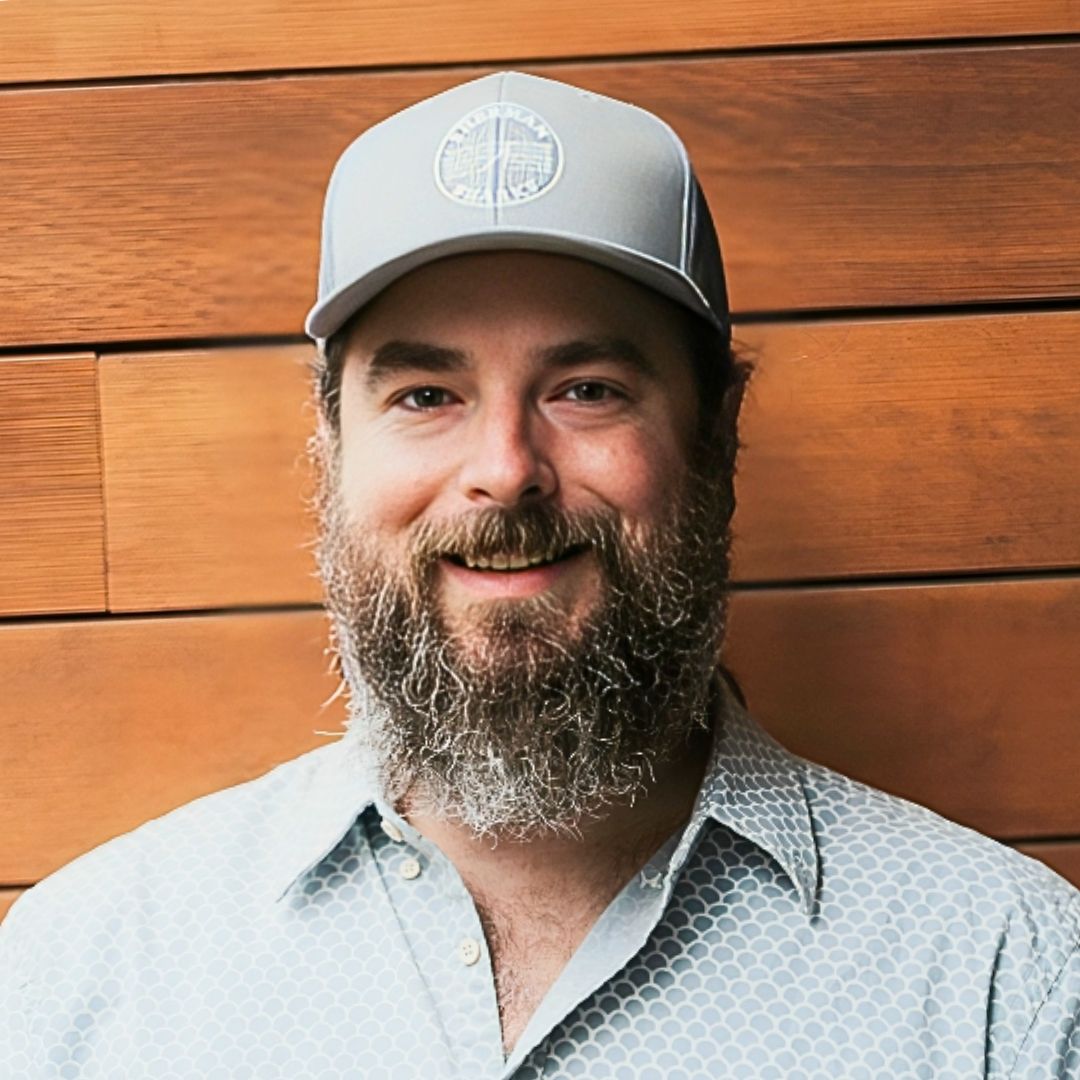
Mike Malone
CEO and Founder of Smallstep
Mike Malone, CEO and Founder of Smallstep: $26 Million Raised to Build the Future of Certificate Lifecycle Management For DevOps


Ravi Parikh
CEO and Co-Founder of Airplane
Ravi Parikh, CEO and Co-Founder of Airplane: Over $40 Million Raised to Build Better Developer Infrastructure For Internal Tooling


Kevin McNamara
CEO & Founder of Parallel Domain
Kevin McNamara, CEO & Founder of Parallel Domain: $44 Million Raised to Power the Future of Autonomy
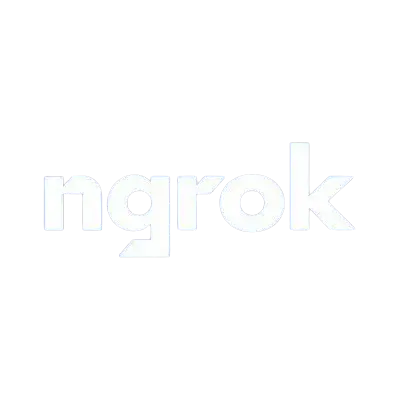
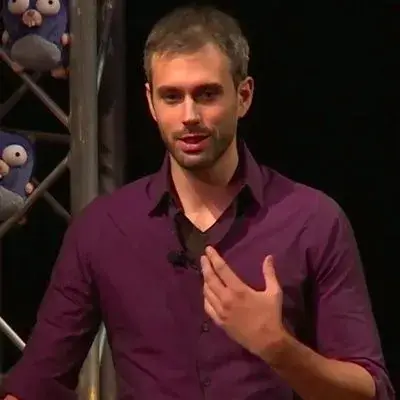
Alan Shreve
CEO and Founder of Ngrok
Alan Shreve, CEO and Founder of Ngrok: $50 Million Raised to Help Devs Deploy SItes, Services, and Apps

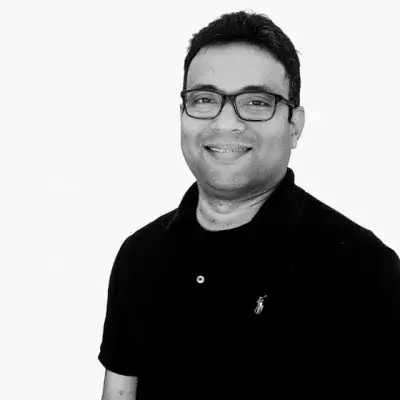
Suresh Mathew
Founder and CEO of Sedai
Suresh Mathew, Founder and CEO of Sedai: $18 Million Raised to Automate Cloud Management for Critical Decisions

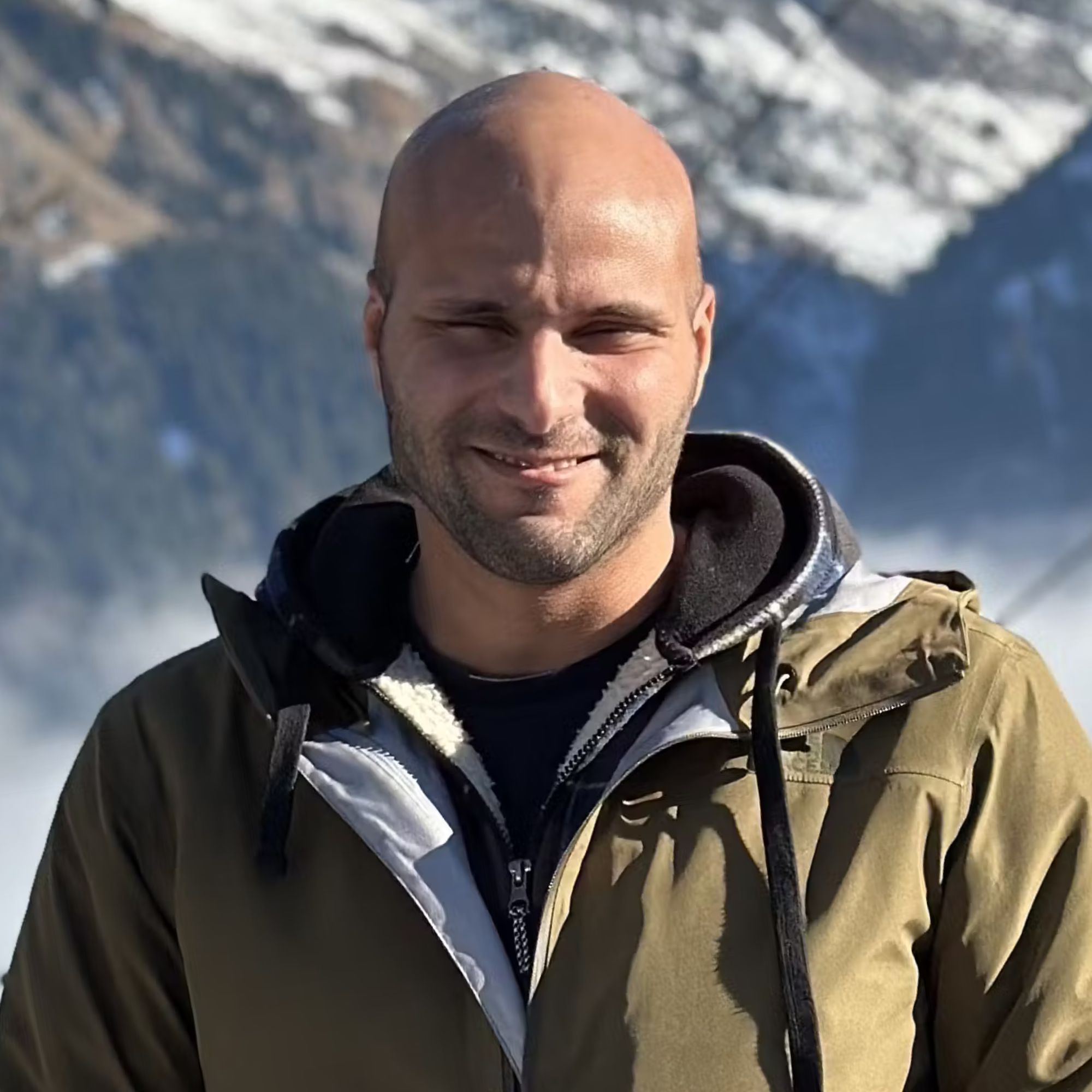
Romaric Philogene
CEO of Qovery
Romaric Philogene, CEO of Qovery: $4 Million Raised to Help You Deploy Your Apps on AWS in Seconds

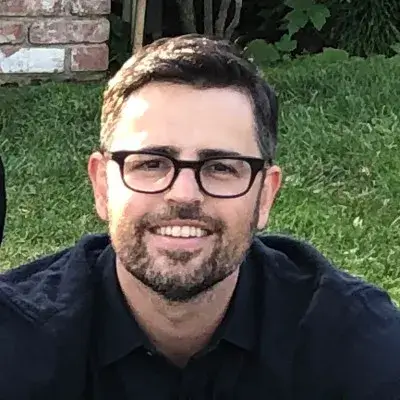
Zach Lloyd
CEO and Founder of Warp
Zach Lloyd, CEO and Founder of Warp: $70 Million Raised to Build a Better Terminal

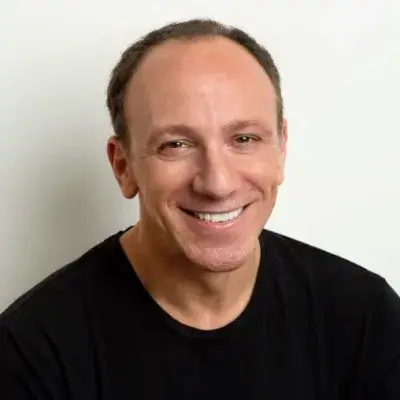
Gary Hoberman
CEO & Founder of Unqork
Gary Hoberman, CEO & Founder of Unqork: Over $400 Million Raised to Pioneer the Codeless as a Service (CaaS) Category

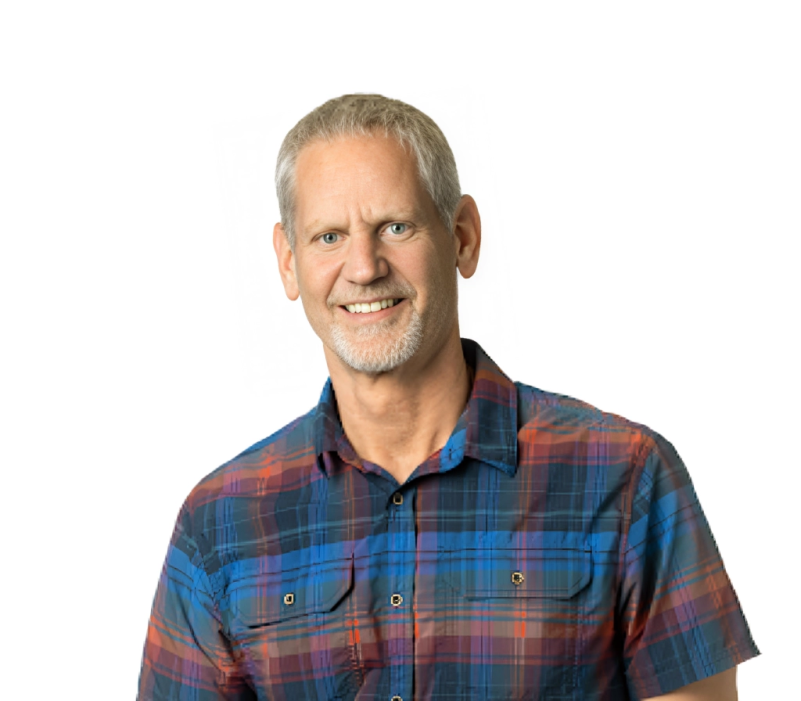
Evan Kaplan
CEO of InfluxData
Evan Kaplan, CEO of InfluxData: Over $170 Million Raised to Build the Leading Time Series Provider

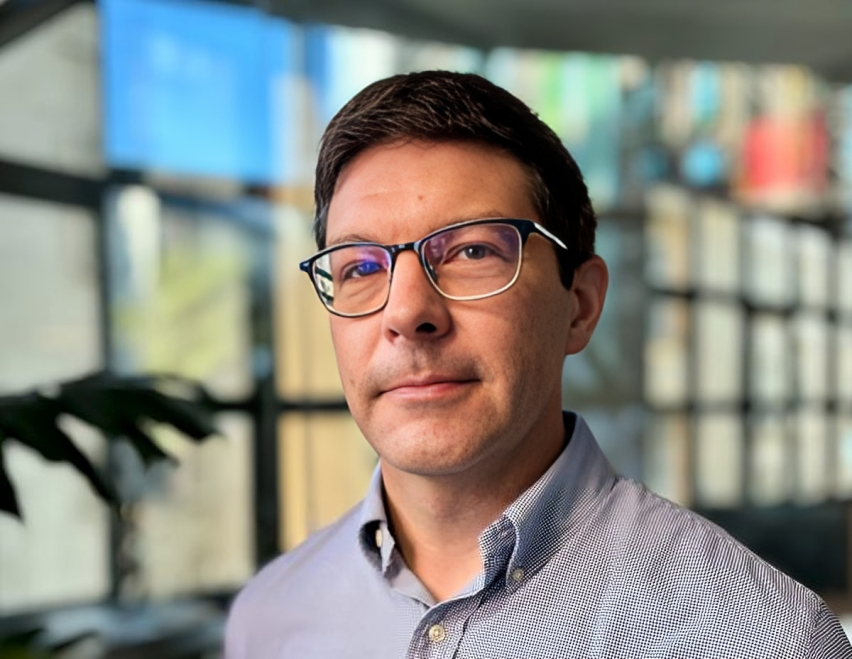
Stéphan Donzé
Founder of AODocs
How AODocs generates better cost-per-lead from 2,000-person regional events than 30,000-person conferences | Stéphan Donzé


Casey Rosenthal
CEO of Verica
Casey Rosenthal, CEO of Verica: $17 Million Raised to Build the Future of Chaos Engineering


Tommy Dang
Co-Founder & CEO of Mage
Tommy Dang, CEO of Mage: $6.3 Million Raised to Build a Modern Replacement For Airflow

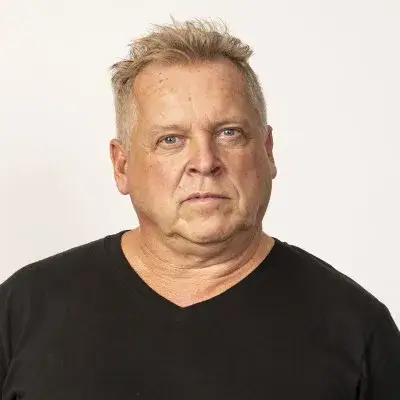
Lasse Andresen
CEO and Founder of IndyKite
Lasse Andresen, CEO and Founder of IndyKite: $10 Million Raised to Empower Teams to Move Beyond Legacy Identity and Access Management


Anand Kulkarni
CEO of Crowdbotics
Anand Kulkarni, CEO of Crowdbotics: $58 Million Raised to Power the Future of Rapid Application Development

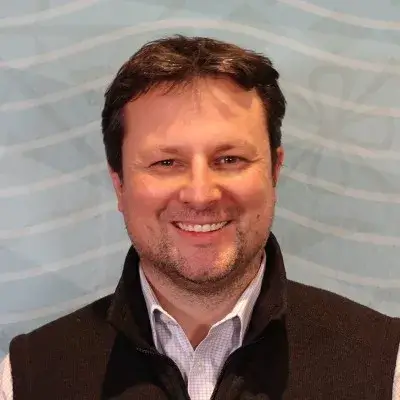
Tim Kraska
Co-Founder of Einblick
Tim Kraska, Co-Founder of Einblick: $6M Raised to Build the Visual Data Computing Category


Ariana Faustini
Head of Golioth
Ariana Faustini, Head of Global Marketing at Golioth: Embracing Authenticity in Developer Marketing

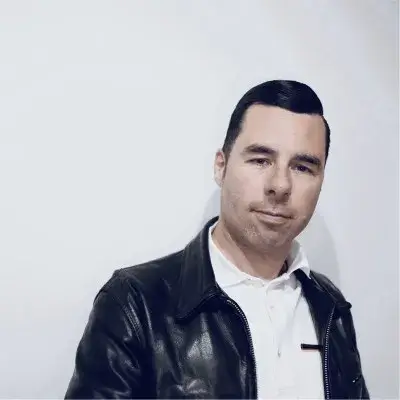
Paolo Fragomeni
CEO of Socket Supply
Paolo Fragomeni, CEO of Socket Supply: $3.5 Million Raised to Build the Future of P2P Computing


Matt Butcher
CEO of Fermyon
Matt Butcher, CEO of Fermyon: $26 Million Raised to Power the Future of WebAssembly


Ori Keren
CEO and Co-Founder of LinearB
Ori Keren, CEO and Co-Founder of LinearB: Over $70 Million Raised to Build the Future of Software Delivery Management

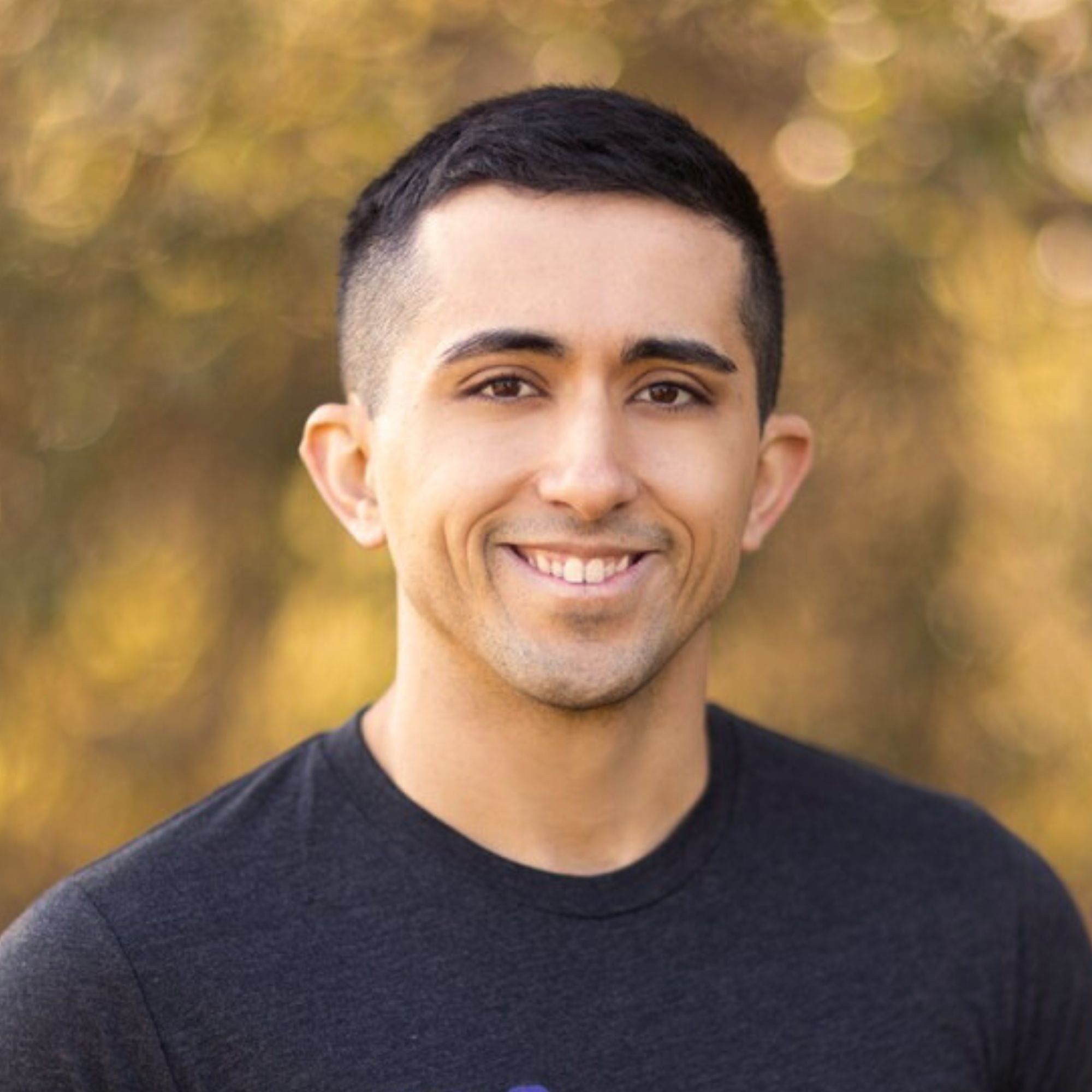
Ron Efroni
CEO and Co-Founder of Flox
Ron Efroni, CEO & Co-Founder of Flox: $28 Million Raised to Empower Developers with Reproducible Environments That Span the Enterprise SDLC

